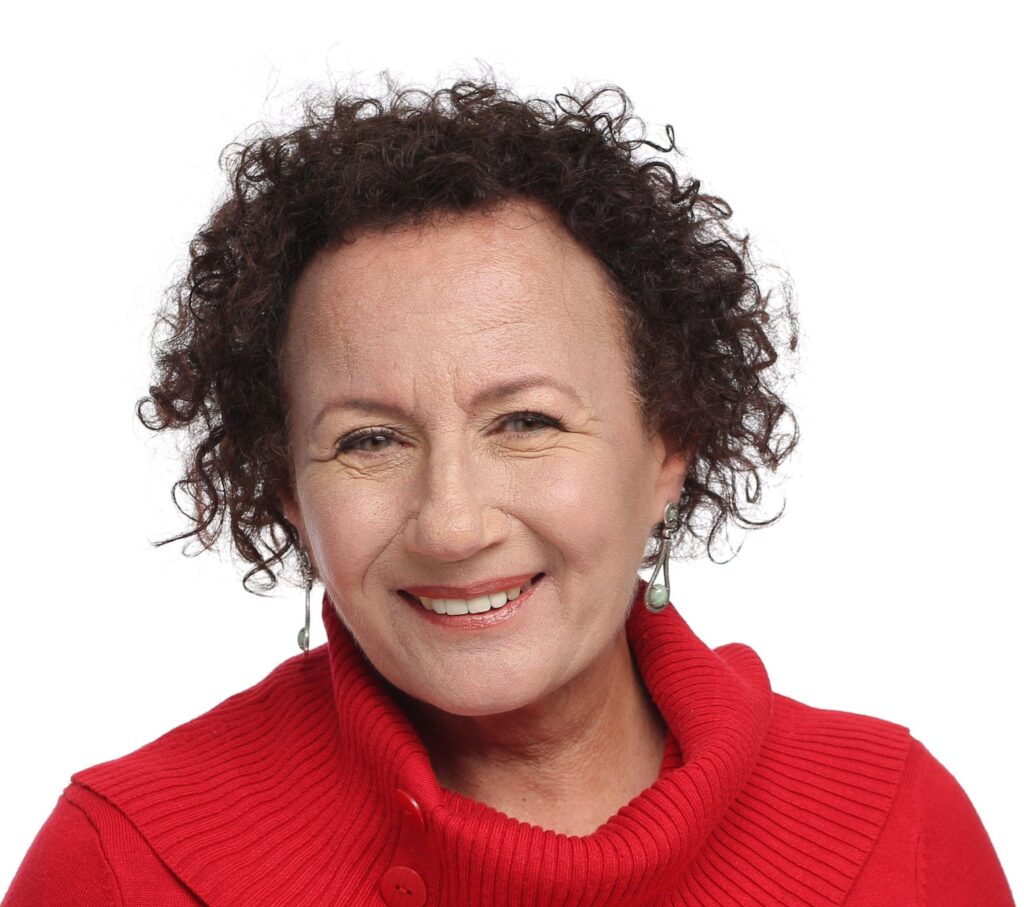
Shelle Rose Charvet
Best Selling Author, Founder of Institute of Influence, NLP Master Trainer
She is the founder of The Institute for Influence and Success Strategies, a bestselling author and
the international expert on Influencing Language, researching and teaching for over 30 years. Her first book, Words That Change Minds, is an international bestseller, available in 20 languages, and a Forbes best management book. Organizations in over 30 countries ask me to help them increase their impact and influence. She started learning Neuro-linguistic Programming (NLP) in 1982 in Paris after immigrating to France. As a communication trainer, working in English and French in international organizations such as IBM, UNESCO, CERN, Shelle found using NLP unlocked people’s abilities
to think and communicate better. As part of her NLP training, she was introduced to Rodger Bailey’s
Language and Behavior Profile, (LAB Profile ® ), and it set her on a decades long journey of discovery and development of tools to help people get their message across. Tooting her own horn alert! Shelle says: “I created a number of advanced tools and techniques used to: enhance rapport, trust, credibility, and influence that enable people to prevent conflicts, coach leaders, avoid stalemates in sales and negotiations and help everyone get what they need. They work!
05th April
View Schedule
Session Details – 2025
Unlocking Your Coaching Potential
As coaches, we often assume that clients come to us primarily to achieve their goals, enhance their personal growth, improve relationships, or manage stress and burnout. These are often driven mainly by “Toward Motivation”—the desire to move forward, develop new skills, and reach what they truly want, as opposed to “Away From Motivation,” which focuses on avoiding or fixing issues.
But is goal achievement all that clients really seek?
One important distinction between therapy and coaching is how each is perceived: therapy is often seen as a way to address and resolve issues, while coaching is viewed as a path toward future-focused goal achievement. In simple terms, it’s solving problems versus achieving outcomes.
Yet, in the real world of coaching, helping clients achieve their goals often involves addressing underlying psychological barriers such as insecurities, overwhelm, or trauma, as well as external challenges like work stress or negative life events. This is why mastering problem-solving techniques is crucial—not just for therapists, but for coaches too. By clearing these hurdles, we can empower clients to truly live the lives they aspire to.
In this program, I’m excited to share three advanced problem-solving techniques that can transform your coaching practice.
